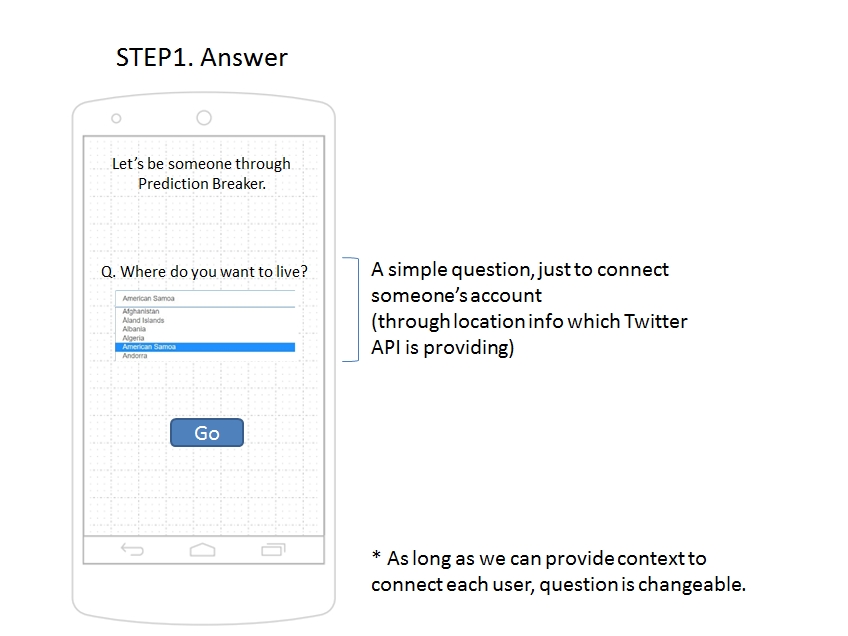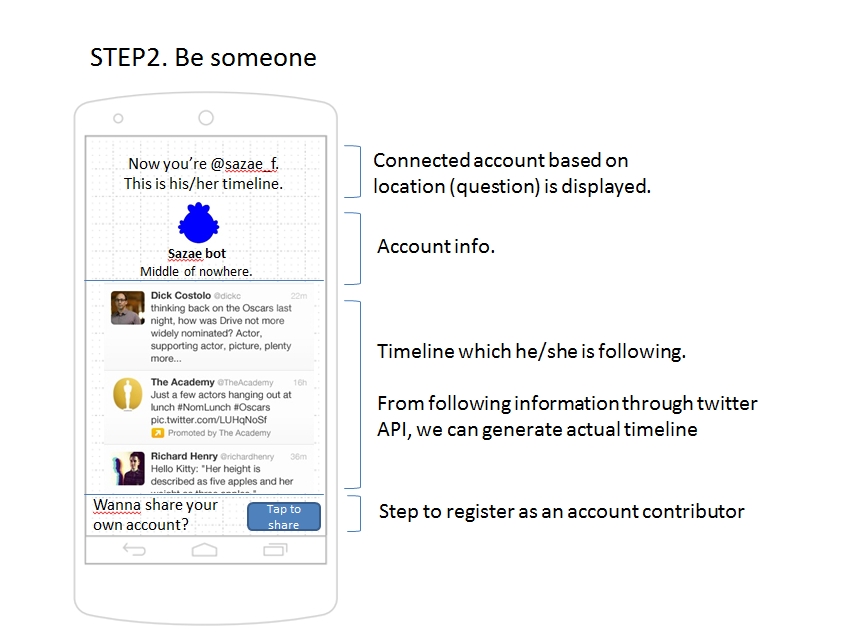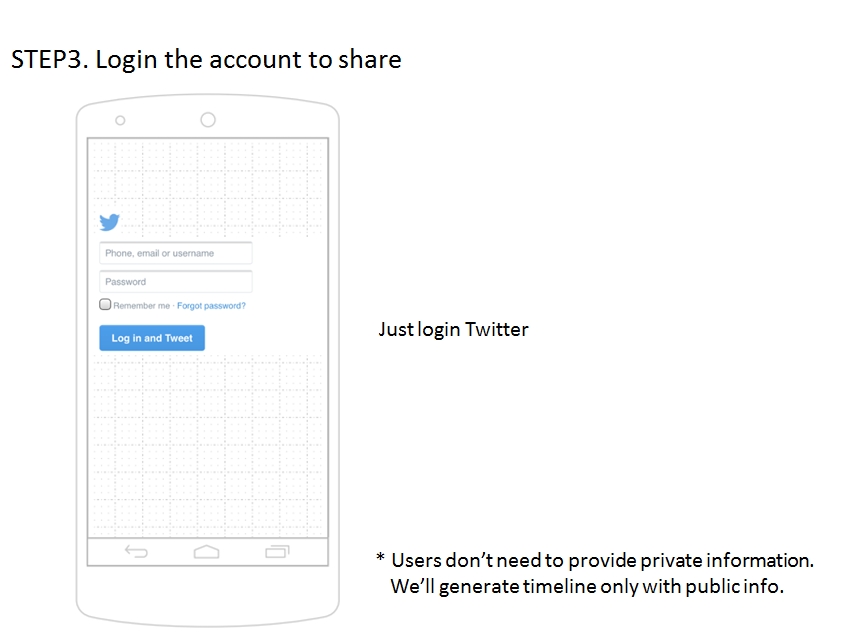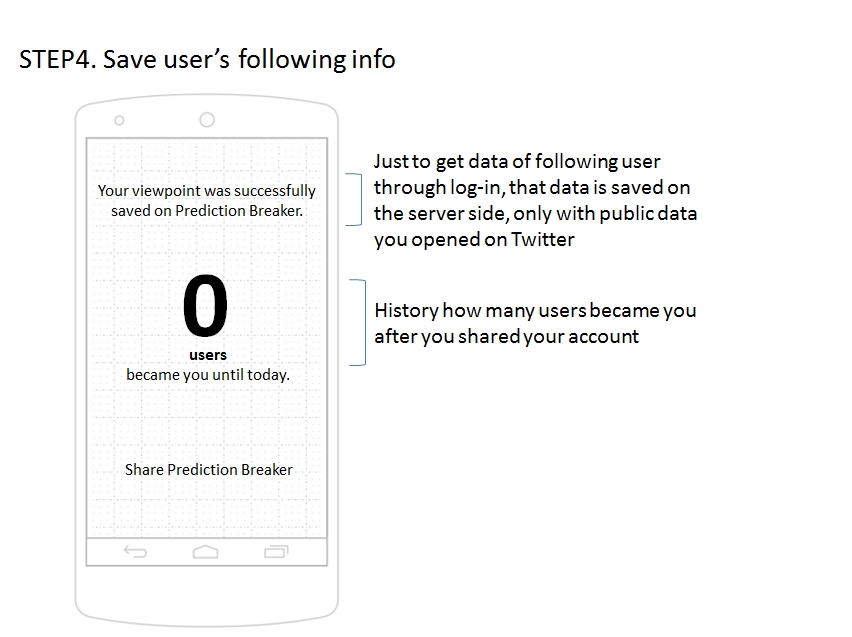Breaking the prediction
(Photo from: LadyDragonFlyCC under CC BY 2.0)
While browsing the internet, you leave lots of traces online: data that is collected, stored, analyzed and profited from. As a worker, a consumer, a financial datapoint, a facebook liker, an online activist, or a tweeter, your choices are the source of analysis and prediction. What you do and where you look is tracked and used to make assumptions about your desires, your habits, your possible plans, and that of the people who are ‚like‘ you. That means: you are living in a „filter bubble“ (Eli Pariser) with all the people that like similar things as you. Along with your cohort of similarly clicking people, you see what you are supposed to see, meet who you are supposed to meet. You are traced wherever you go. And: You still get recommendations about a new fridge although you already have bought one.
The question therefore is: Do you want to be predictable?
If not, you have to break the prediction.
But: How?
Option A: Get to know the algorithms that feed the prediction. You have to gain knowledge about which data are used, how the data are combined and analyzed, and how it is controling or tracking you. Who cares about the colour of my shoes, and who cares about their size?
Option B: Disturb the algorithm by becoming someone else. Create an imaginary online persona, which browses the internet instead of the real you. Use it for your online journeys, let it leave more traces, let it become predictable – and then switch to another person.
1. A Random Identity Generator
The identity generator enables you to create an identity which allows you to see through a the eyes of a fresh new identity profile. Explore the internet as a typerwiter enthusiast cyborg from Australia. What would she google? Who is her favorite politician and where does she buy her shoes? We ask you to create a public profile for this new imagined being, explore and watch how the algorithms respond, and the new filter bubble tries to surround a playful, erratic and collectively authored being. Starting with a random identity generator, you will take on the occupation, location, and interests of a new internet identity. Once you become this new profile, take a google survey (located at the bottom of this page, called ‚questions for the new you‘) to help you think through their needs and make a path through the internet. Your new identity will become publicly available, so anyone can become this profile, offering a place to play, experiment, and to go undercover. Once you become a new internet user, take this survey:
2. Questions for the other You
3. Sharing existing Accounts
„To be someone must be a wonderful thing“ Paul Weller, 1979
Under the personalized filter bubble in 21st century, you must become someone outside of your filters to experience diversity, to escape yourself, to be surprised. How can you truly see the eyes of the other?
We suggest that you find this person, and log into their social media account.
Following slides show the basic idea.
Through the location information of each „account contributor” who want to share the account, this product will connect users to each other.
Is to be someone a wonderful thing for you?
„Who are you? Who, who, who, who?“ Pete Townshend, 1978




